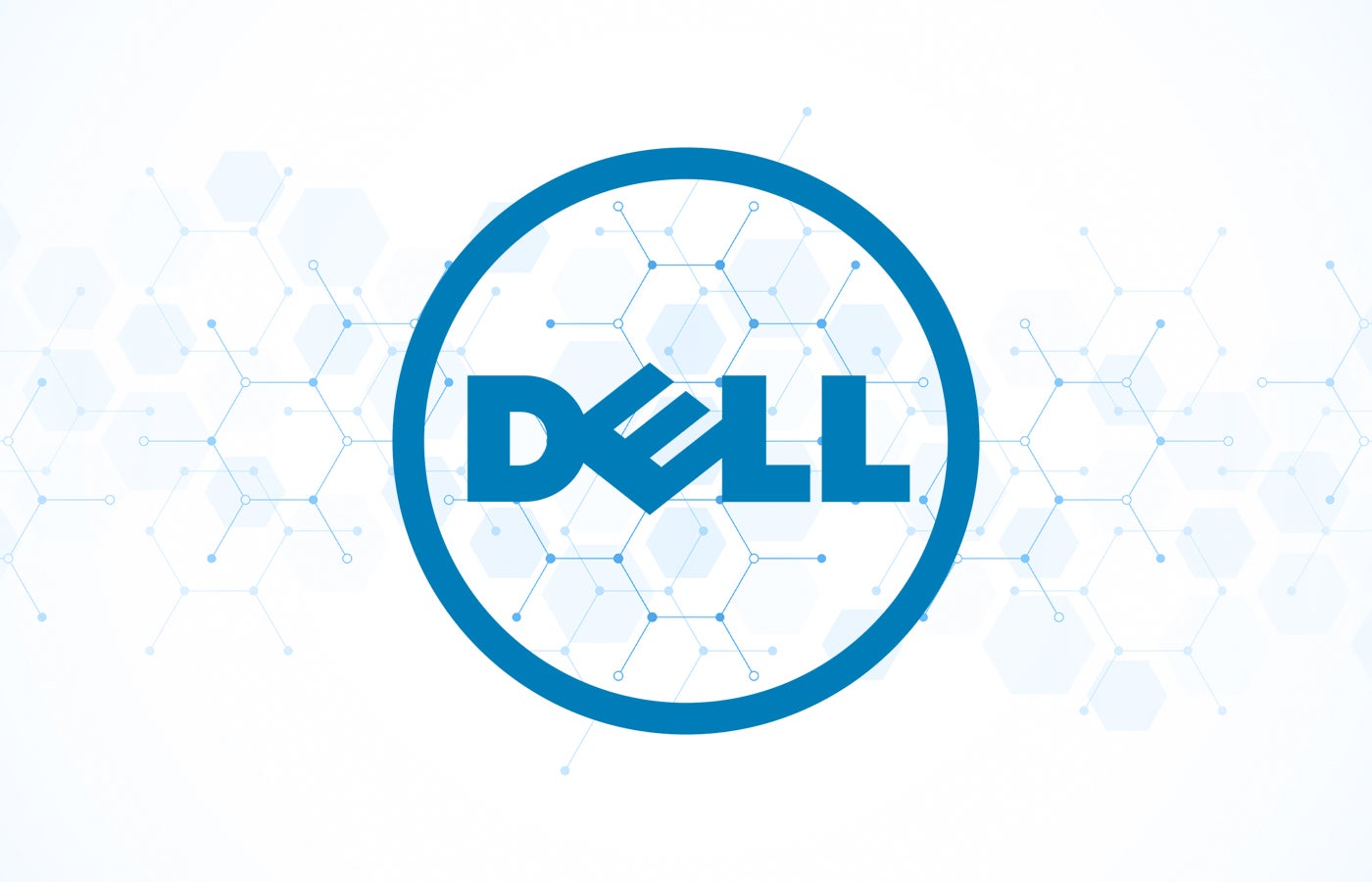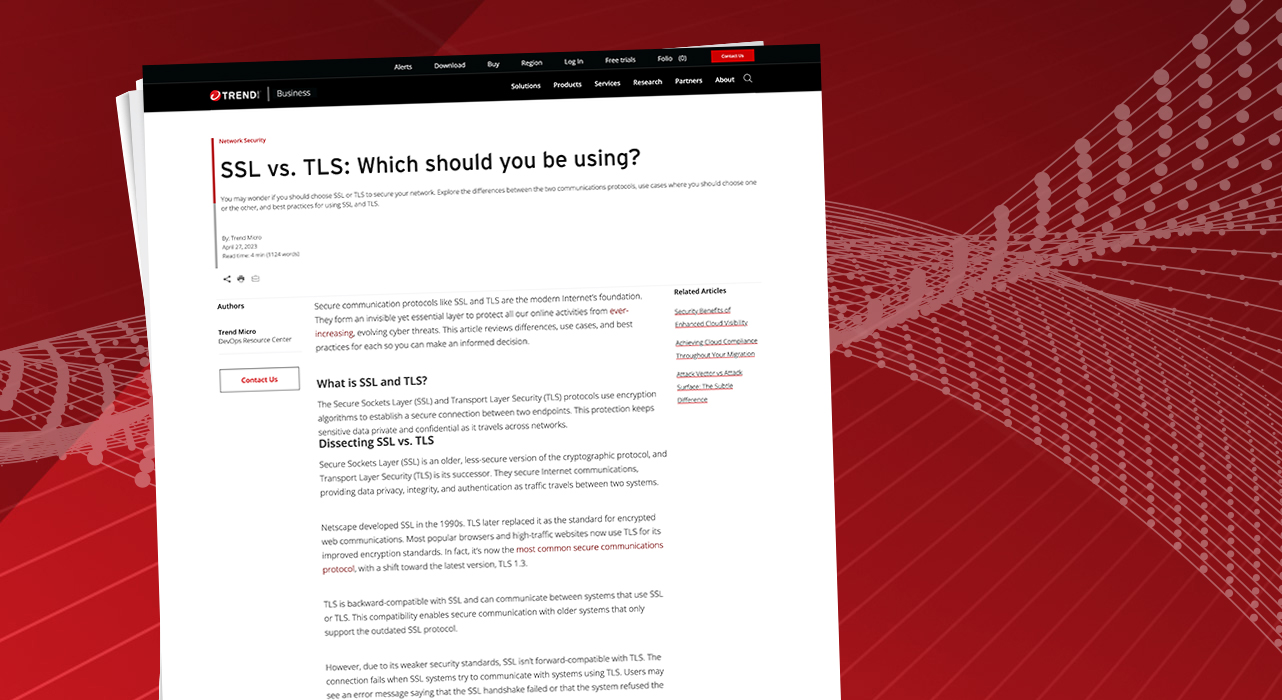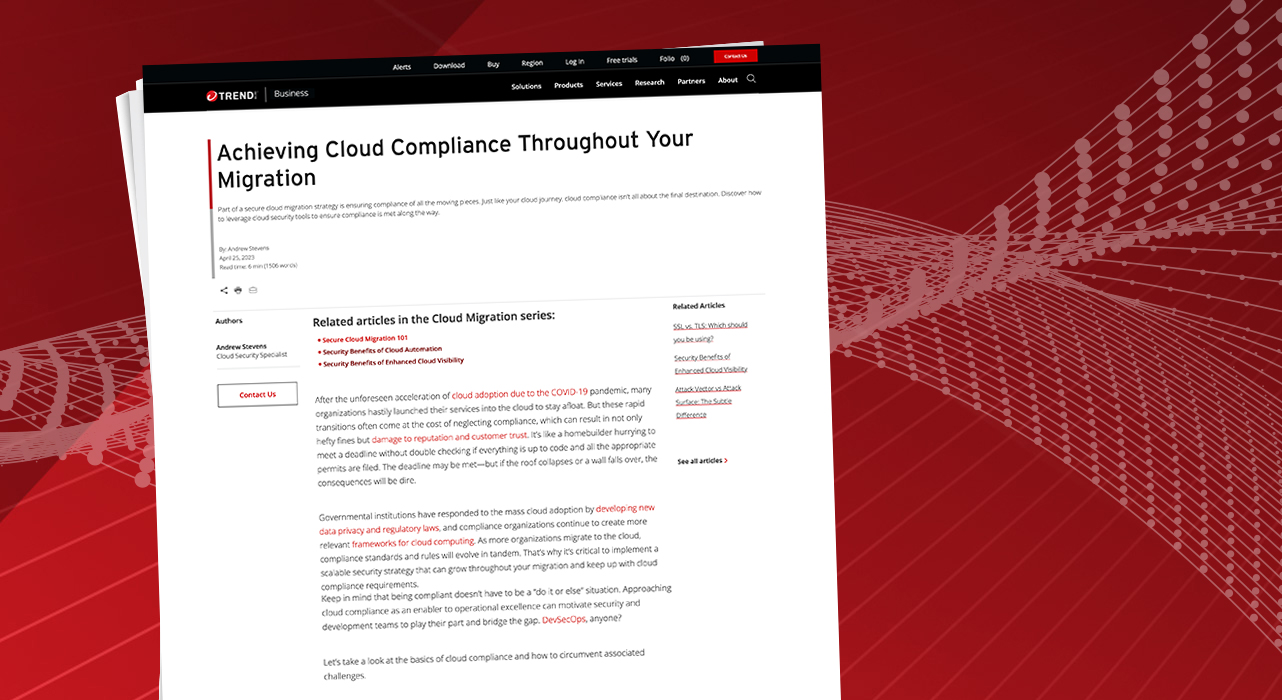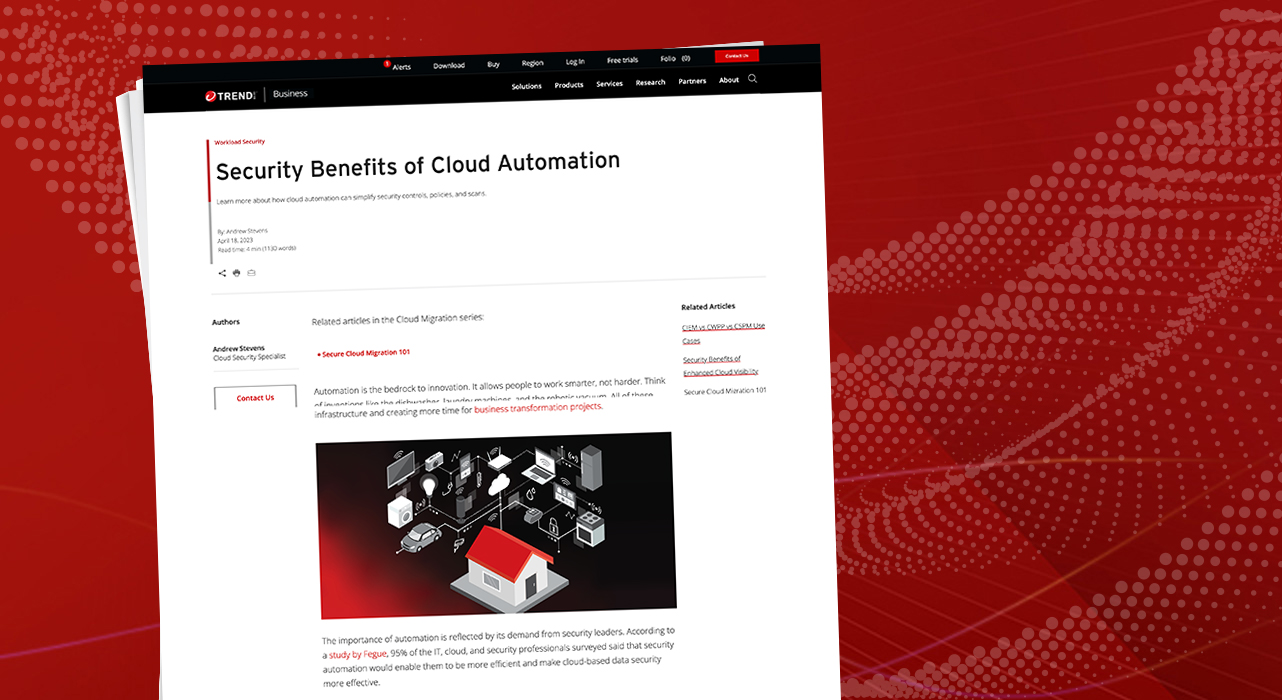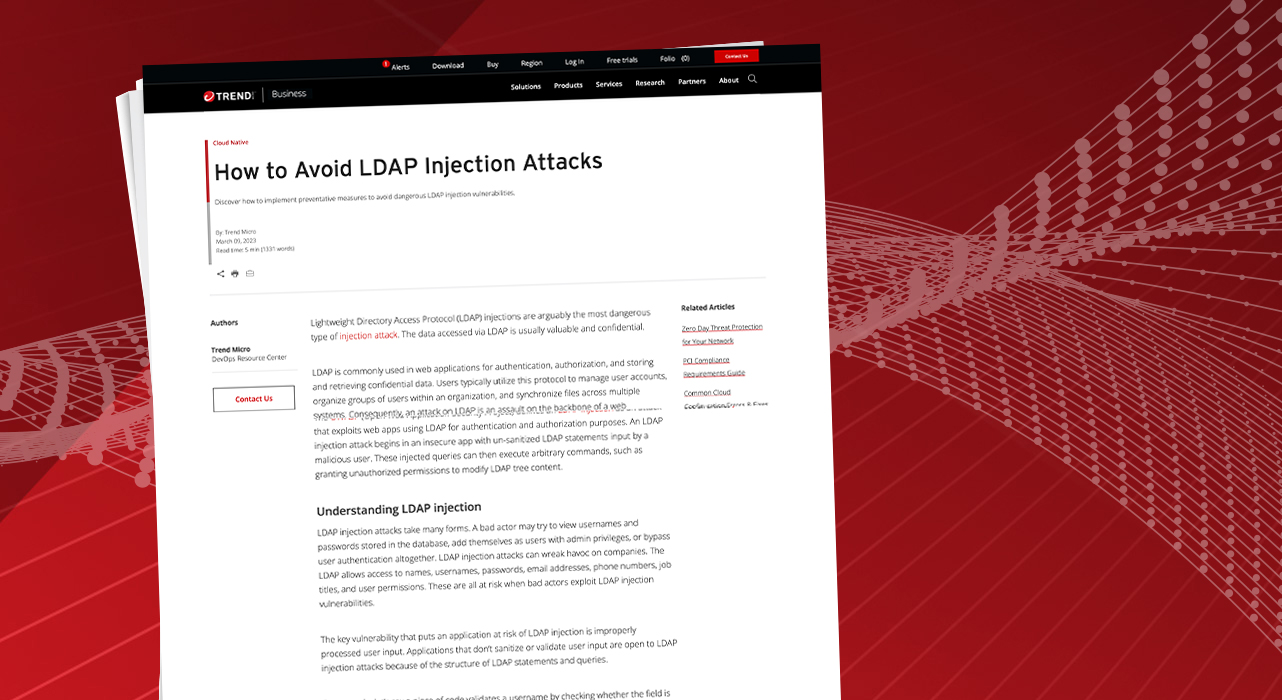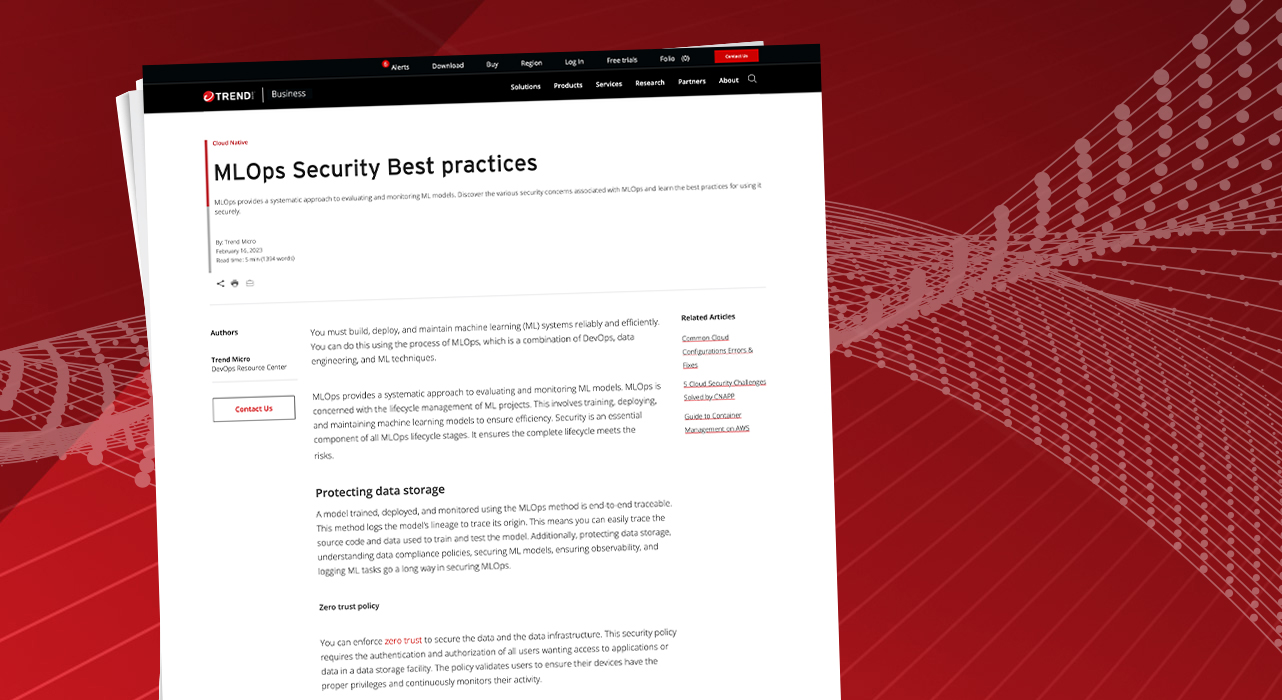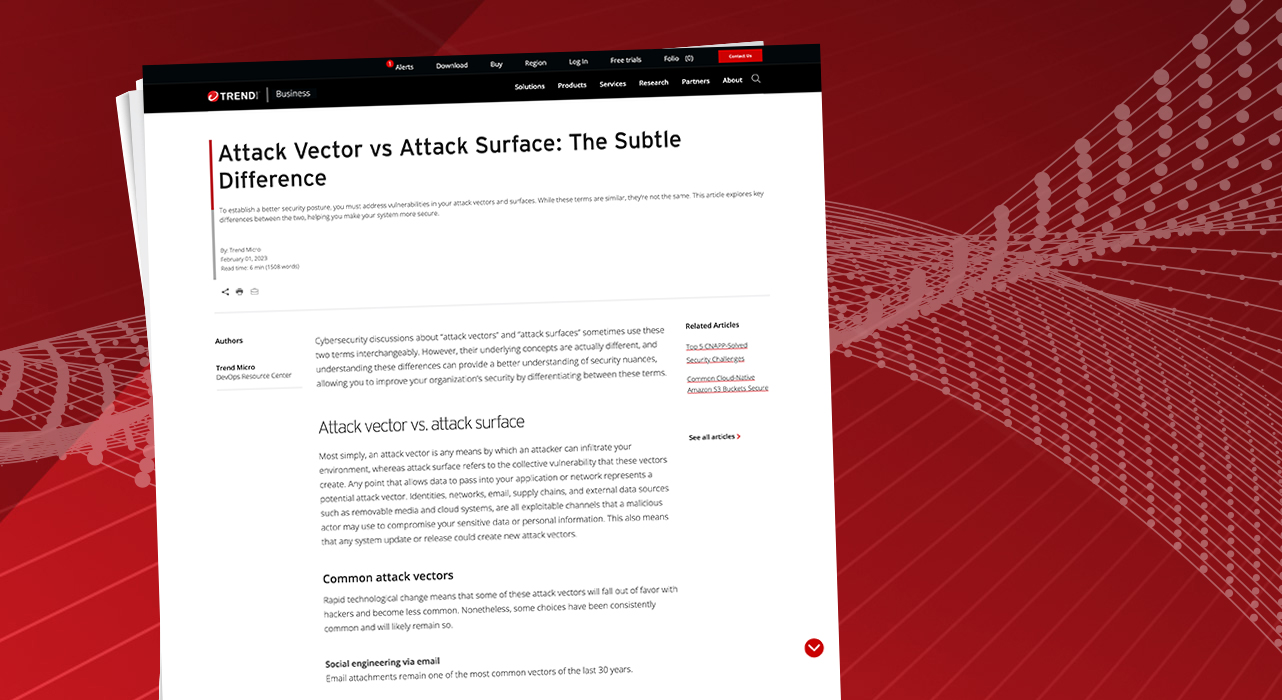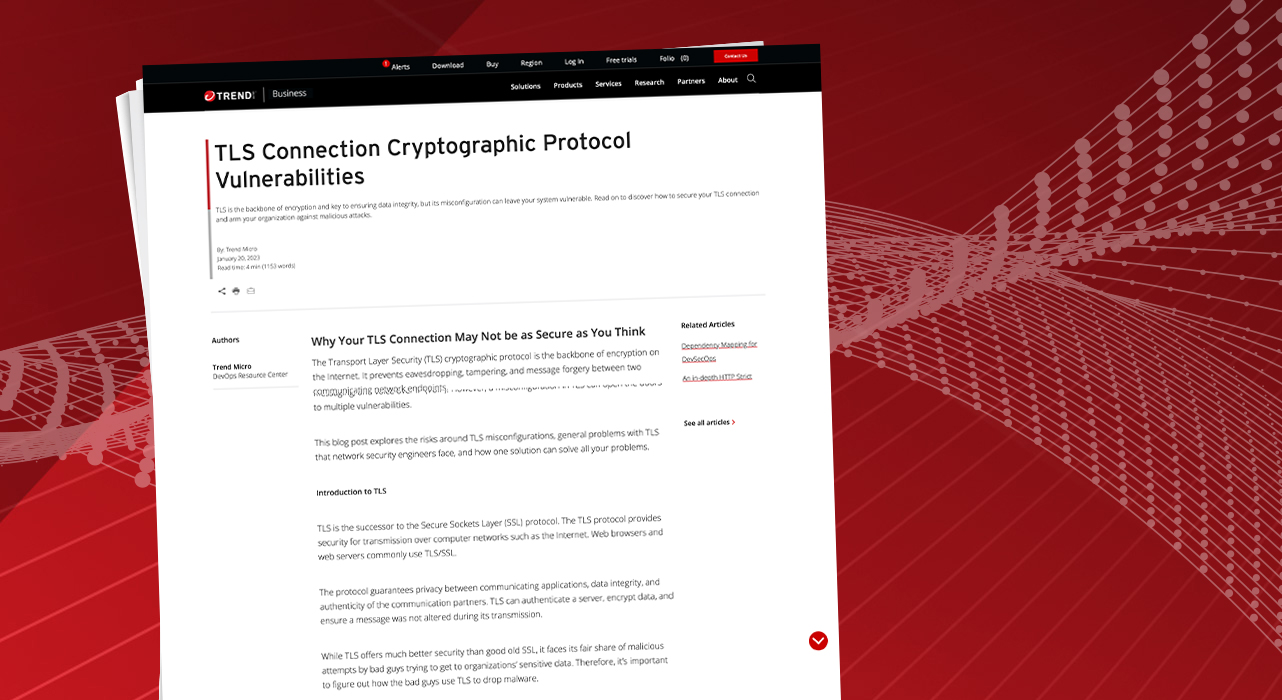- This video doorbell camera has just as many features are my Ring - and no subscription required
- LG is giving away free 27-inch gaming monitors, but this is the last day to grab one
- I tested this Eufy security camera and can't go back to grainy night vision
- I replaced my iPhone with a premium dumbphone - here's my verdict after a month
- Build your toolkit with the 10 DIY gadgets every dad should have
Dell Unveils AI and Cybersecurity Solutions at Microsoft Ignite 2024
Dell pulled the tarp off several new connected services during Microsoft Ignite, an annual conference hosted by Microsoft that is designed for developers and IT professionals. Several services are intended to take guesswork or security concerns from deploying generative AI, particularly on Microsoft’s Copilot+ PCs. Dell takes on the management of APEX File Storage for Azure APEX File Storage has been available for Azure for some time. However, starting with a public preview in the…
Read More
